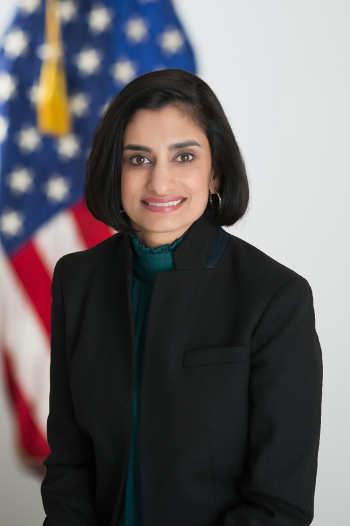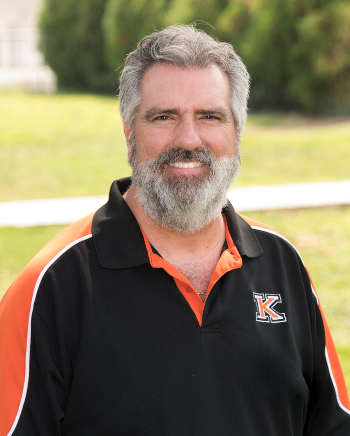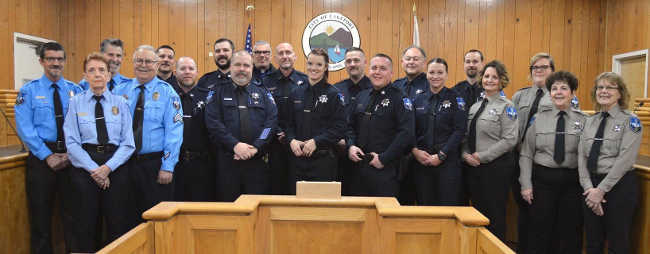- Seema Verma
- Posted On
Understanding Medicare: New cancer diagnosis options for people with Medicare

Each year, more than 250,000 women in the United States learn that they have breast cancer, and more than 20,000 find out they have ovarian cancer.
While most of these cancers happen randomly, about 5 to 10 percent are hereditary, meaning they are caused by genetic changes (called mutations) which are passed down in families.
Unfortunately, women with these inherited cancers have few treatment options.
That’s why the Centers for Medicare & Medicaid Services (CMS) recently extended Medicare coverage to laboratory diagnostic tests using next-generation sequencing (NGS) for patients with inherited breast or ovarian cancer.
NGS testing gives a more complete profile of cancer cells than is possible with current tests and may help identify proven, targeted treatments.
NGS tests provide the most comprehensive genetic analysis of a patient’s cancer because they can simultaneously detect multiple types of genetic alterations. CMS first began covering laboratory diagnostic tests using NGS in March 2018 for Medicare patients with advanced cancer that met specific criteria. With CMS’ recent coverage decision, more Medicare patients will have access to NGS to assist in managing other types of inherited cancers to reduce mortality and improve health outcomes.
Innovative technologies are transforming American medicine, and CMS is closely monitoring the rapid development of new tests and tools for diagnosing cancer. We want to do everything we can to support women’s health and help patients get the care they need.
In addition to providing access to this testing for women, Medicare also covers testing for prostate cancer.
All men are at risk for prostate cancer. Out of every 100 American men, about 13 will get prostate cancer during their lifetimes, and two or three men will die from it.
The most common risk factor is age. The older a man is, the greater his chance of getting prostate cancer.
Some men are at increased risk for prostate cancer. You’re at increased risk for getting or dying from prostate cancer if you’re African-American or have a family history of prostate cancer.
Medicare Part B covers digital rectal exams and prostate-specific antigen (PSA) blood tests once every 12 months for men over 50 (beginning the day after your 50th birthday).
Beneficiaries pay 20 percent of the Medicare-approved amount for a yearly digital rectal exam and for physician services related to the exam. The Part B deductible ($198 in 2020) applies. In a hospital outpatient setting, there’s also a copayment.
Beneficiaries pay nothing for a yearly PSA blood test. If you get the test from a doctor who doesn’t accept Medicare payment, you may have to pay an additional fee for the doctor’s services, but not for the test itself.
In 2018, the U.S. Preventive Services Task Force made the following recommendations about prostate cancer screening:
Men who are 55 to 69 years old should make individual decisions about being screened for prostate cancer with a PSA test.
Before making a decision, men should talk to their doctor about the benefits and harms of screening for prostate cancer, including the benefits and harms of other tests and treatment.
Men who are 70 years old or older should not be screened for prostate cancer routinely.
September is National Prostate Cancer Awareness Month, and October is National Breast Cancer Awareness Month. Please take a moment to familiarize yourself with the many preventive screening services that Medicare offers for cancer and other diseases, at https://www.medicare.gov/coverage/preventive-screening-services.
Seema Verma is the administrator of the Centers for Medicare & Medicaid Services.




 How to resolve AdBlock issue?
How to resolve AdBlock issue? 





